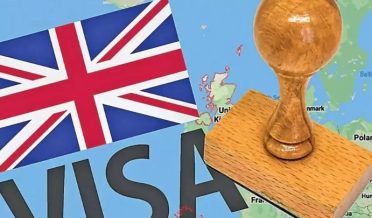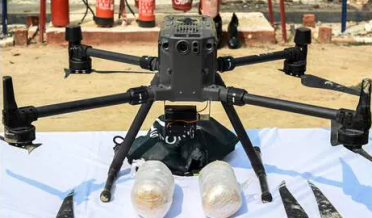Considering the rapid pace at which coronavirus (Covid-19) emanating from the Chinese city of Wuhan has been spreading all over the world – so far, there have been 80,000 reported cases – it was a matter of ‘when’ rather than ‘if’ the virus would reach this country. On Wednesday, Special Assistant to the Prime Minister on Health Dr Zafar Mirza confirmed first two cases of Covid-19, one in Karachi and the other in Federal areas. The patients, he said, had travelled to Iran in the last two weeks, and that both cases were being taken care of according to clinical standard protocols, and were in stable conditions. 15 suspected cases were still under investigation, and those who may have come into contact with infected persons during travel or afterwards were also being studied for possible infection. Meanwhile, as a precautionary measure Sindh and Balochistan governments have announced closure of all public and private educational institutions for two days and till March 15, respectively.After the outbreak of coronavirus in Iran, which during the last week reported 139 cases and 19 deaths, the government closed all entry points from Iran. Authorities in that country were also asked to quarantine all Pakistanis on their side of the border for two weeks before allowing them to cross the border. Meanwhile, elaborate screening and treatment arrangements were being made to receive some 5,000 Pakistanis including pilgrims, businesspersons and tourists. Still, the two infected persons managed to return undetected via air, despite the government claims of having put in place strict screening procedures at all international airports. Given that countries having robust medical system, such as Italy, South Korea and Japan have been struggling with multiple cases, and even the US has at least six reported cases, it might not have been possible to entirely avoid the contagion.But there is no need to press the panic, either. Covid-19 has caused so much alarm because of its easy spread. The recovery rate of patients is as high as 98 percent. Although there is no vaccine for it as yet, it is important for people to know that the virus spreads from infected persons to others through the air by coughing; close personal contact, such as touching or shaking hands; touching an object or surface with the virus on it, and then one’s mouth, nose or eyes. And there are some simple but effective ways to reduce the chance of infection, such as washing hands often with soap and water for at least 20 seconds; avoiding touching eyes, nose or mouth with unwashed hands; and wearing a mask in public places, which should not be used for more than one day. Also, the relevant authorities need to ensure the masks are of the prescribed quality and easily available, too. An awareness campaign about these precautions needs to be run on a sustained basis until the virus makes a complete retreat.
 220
220






